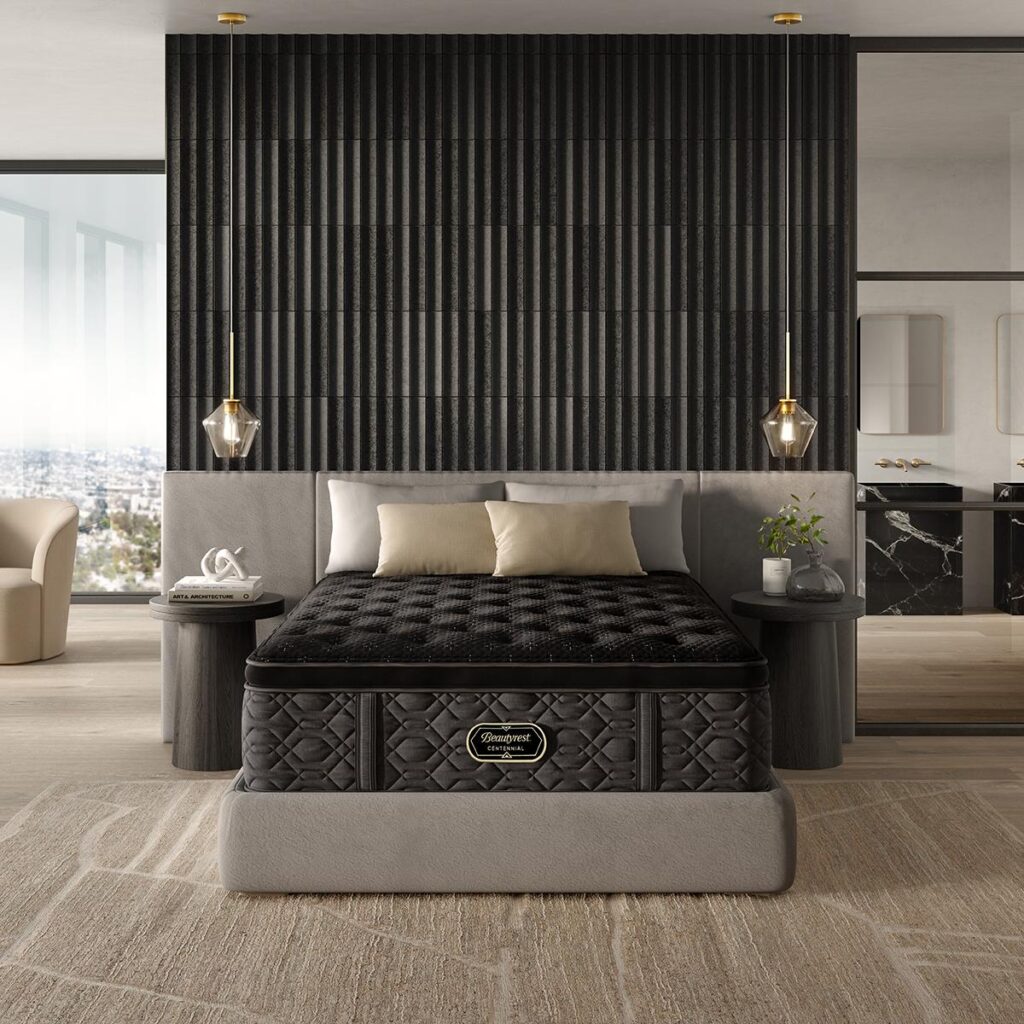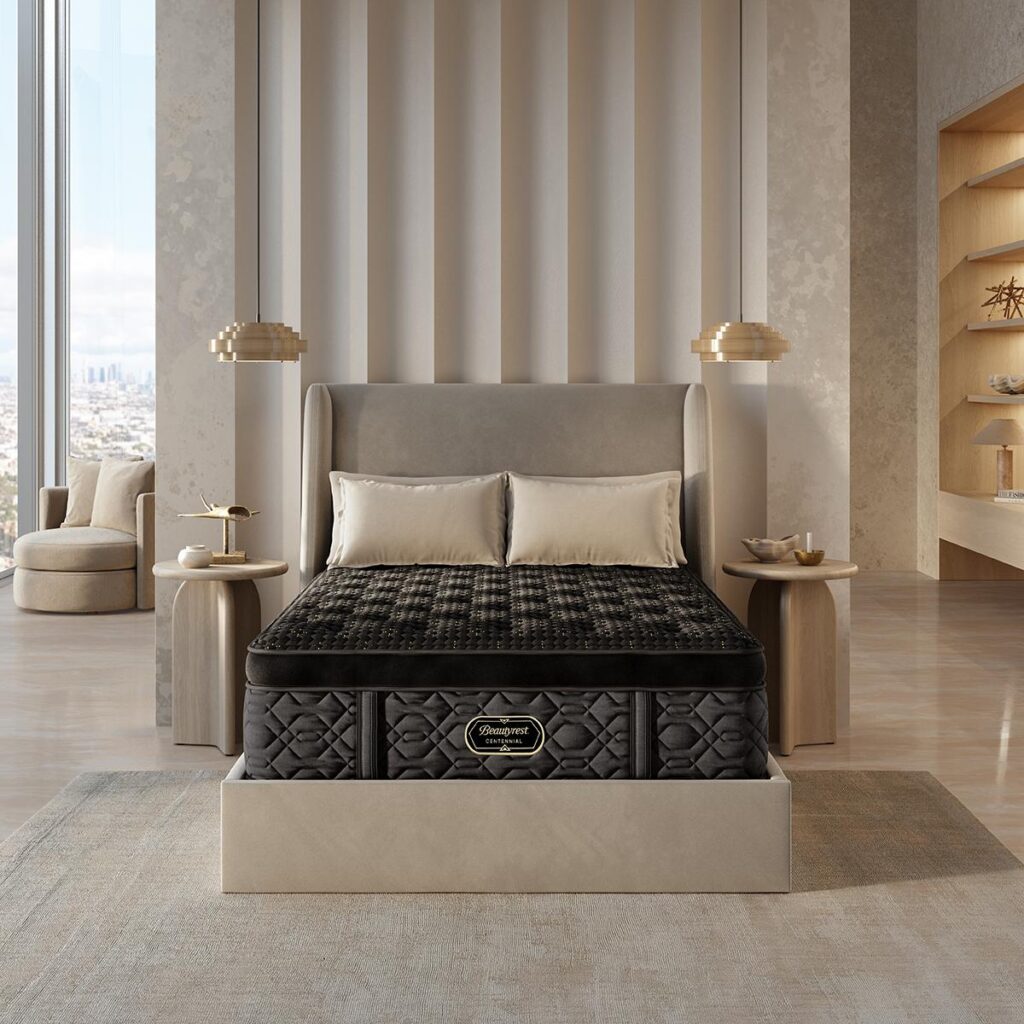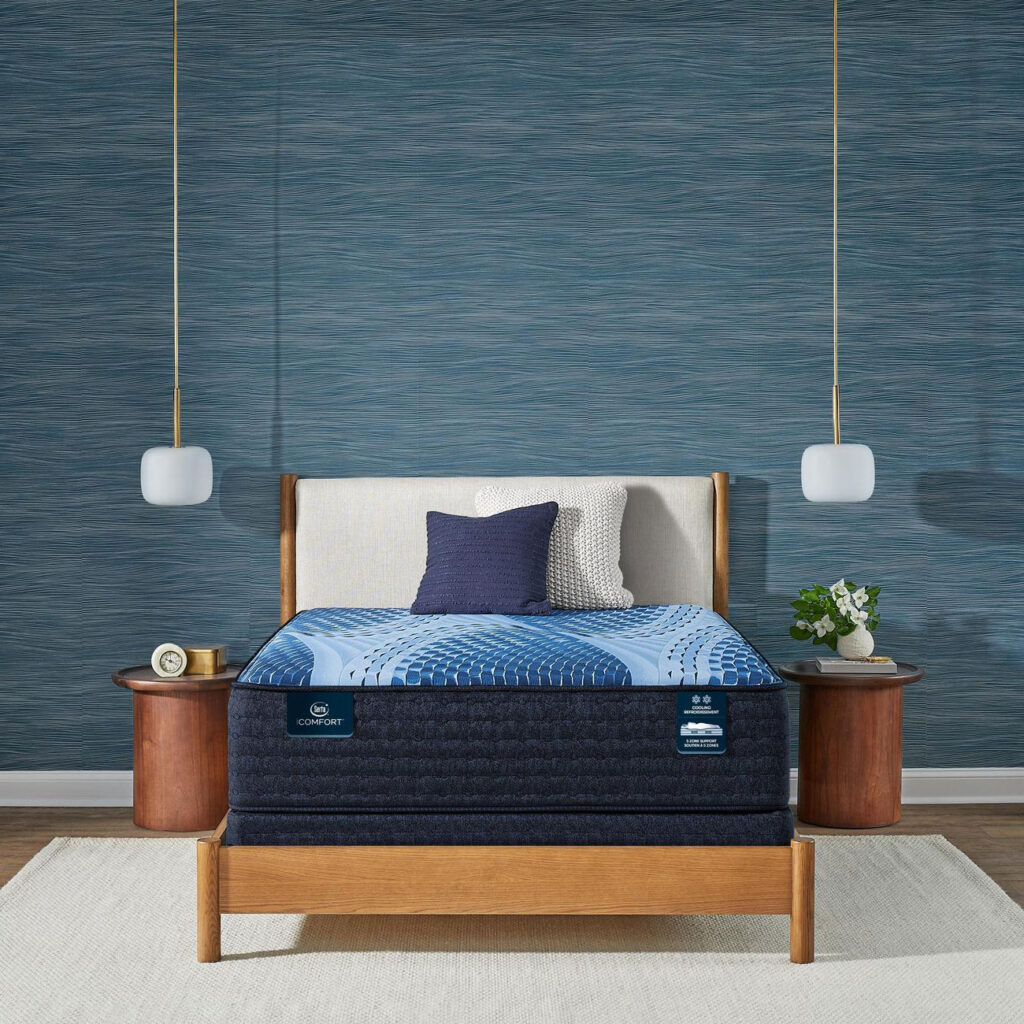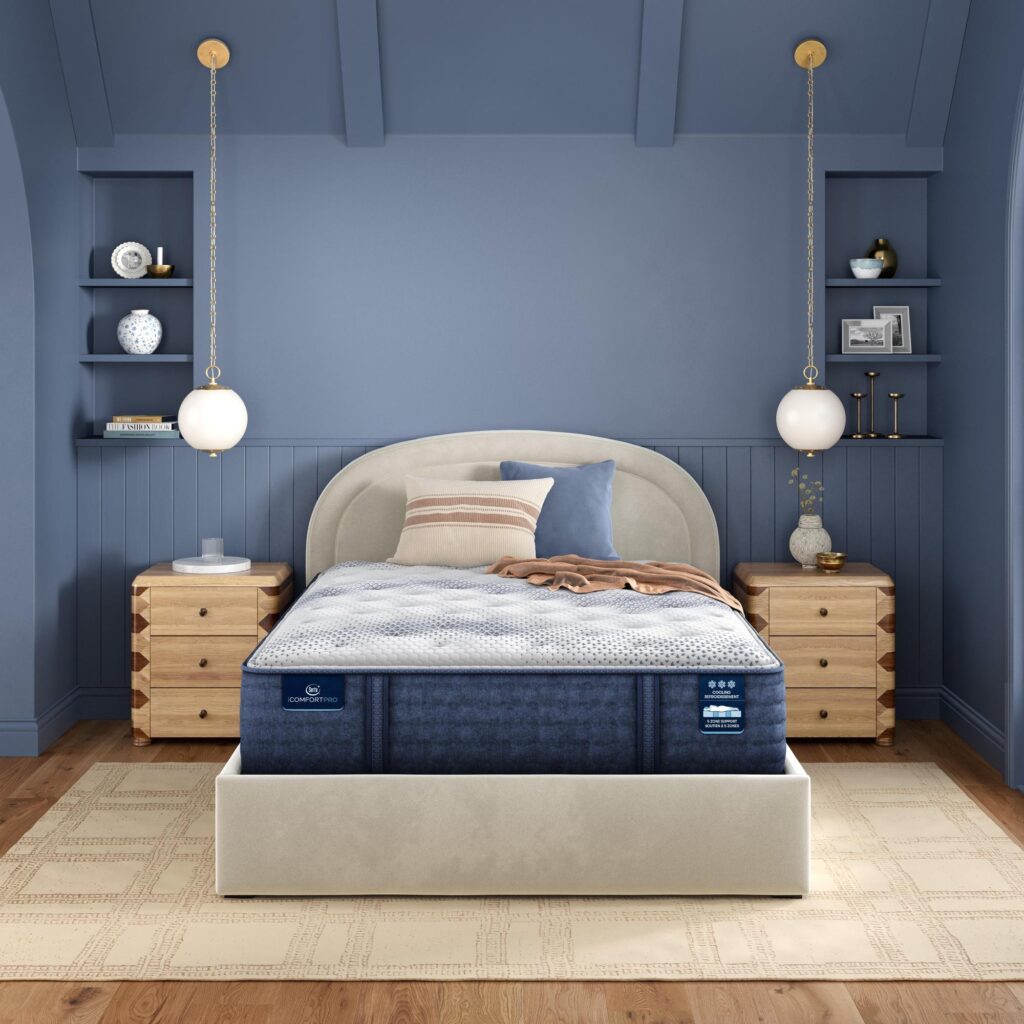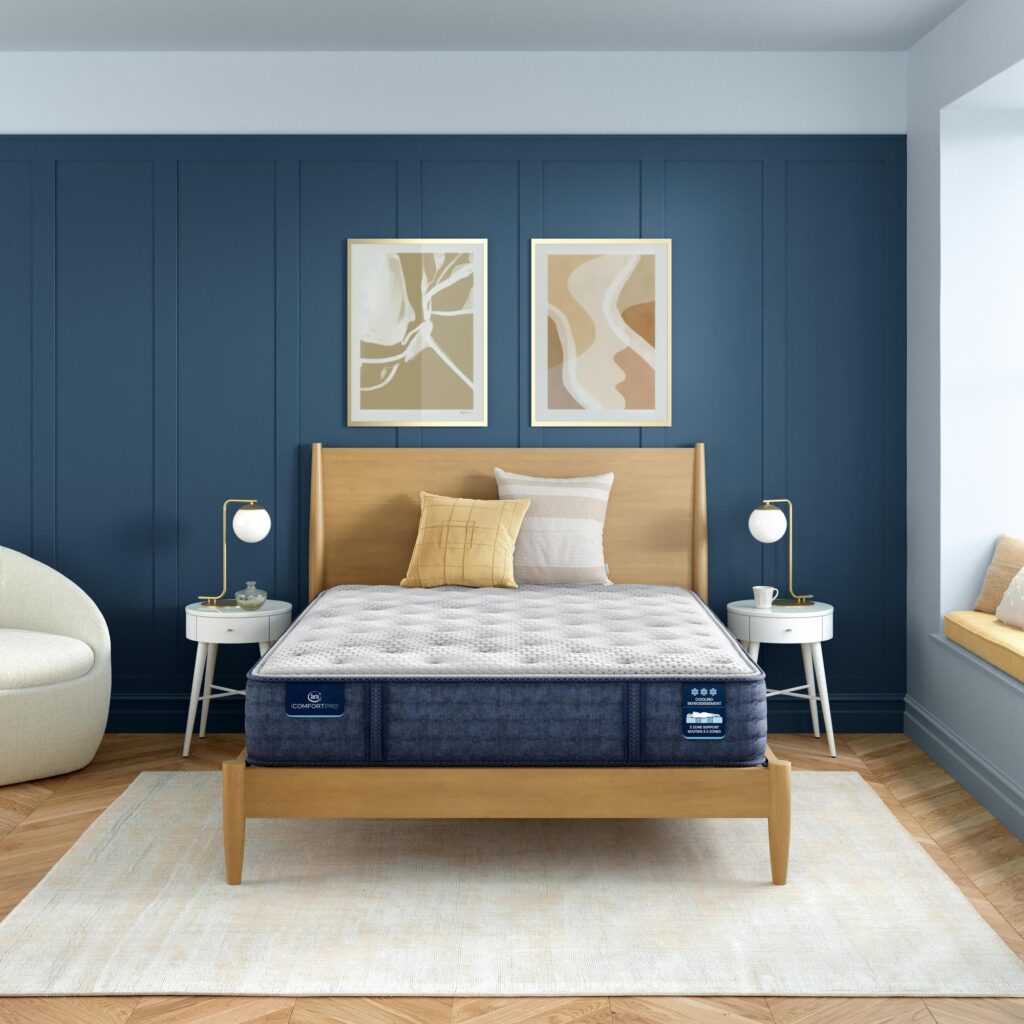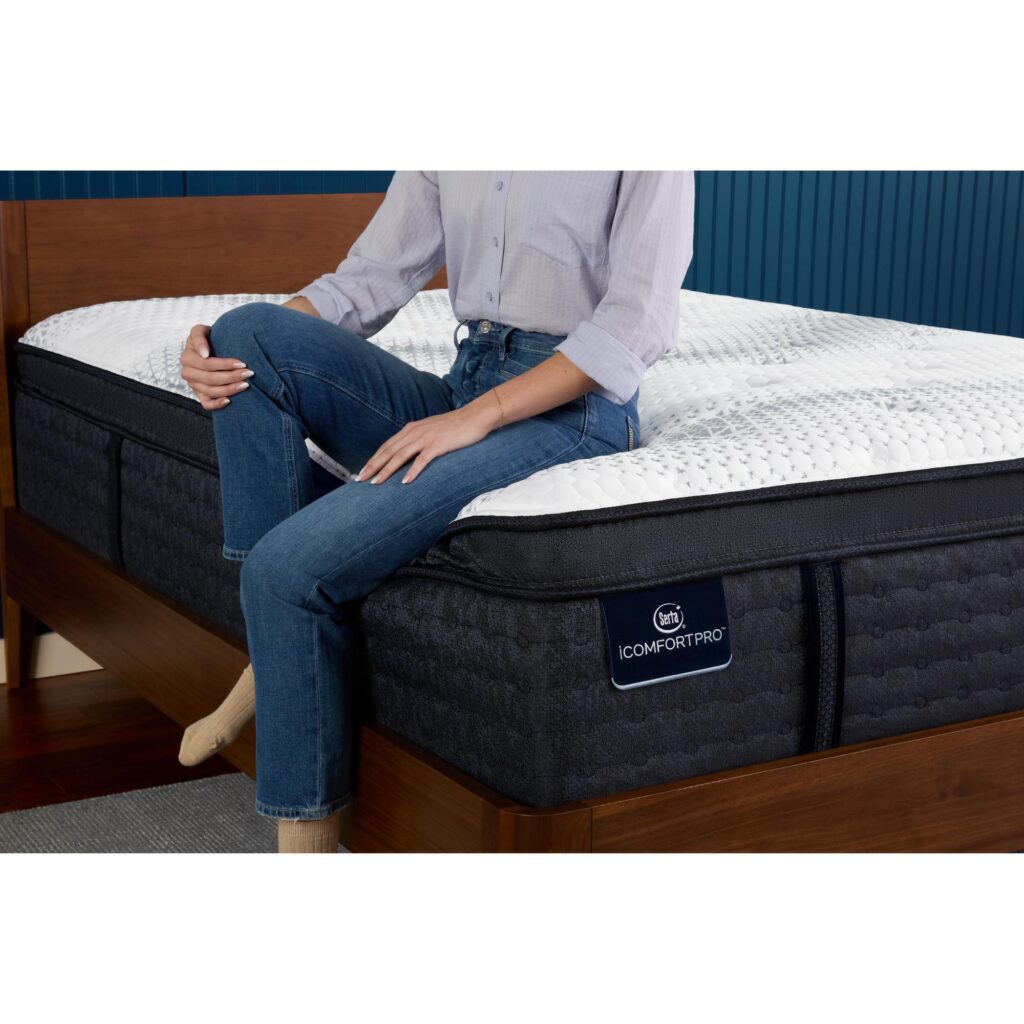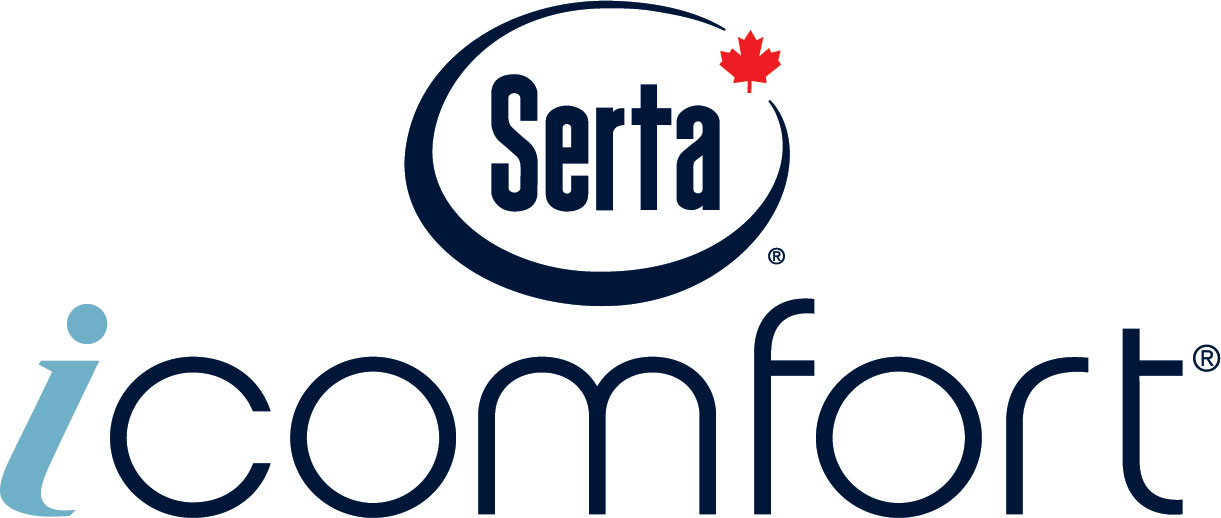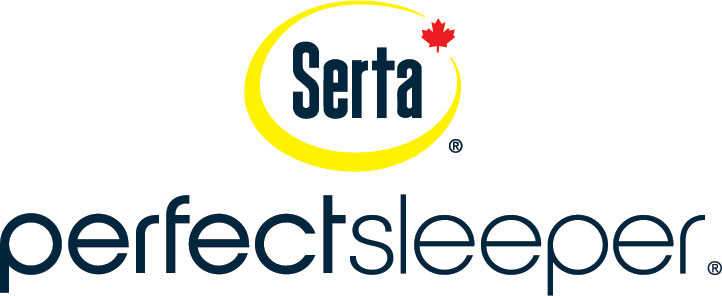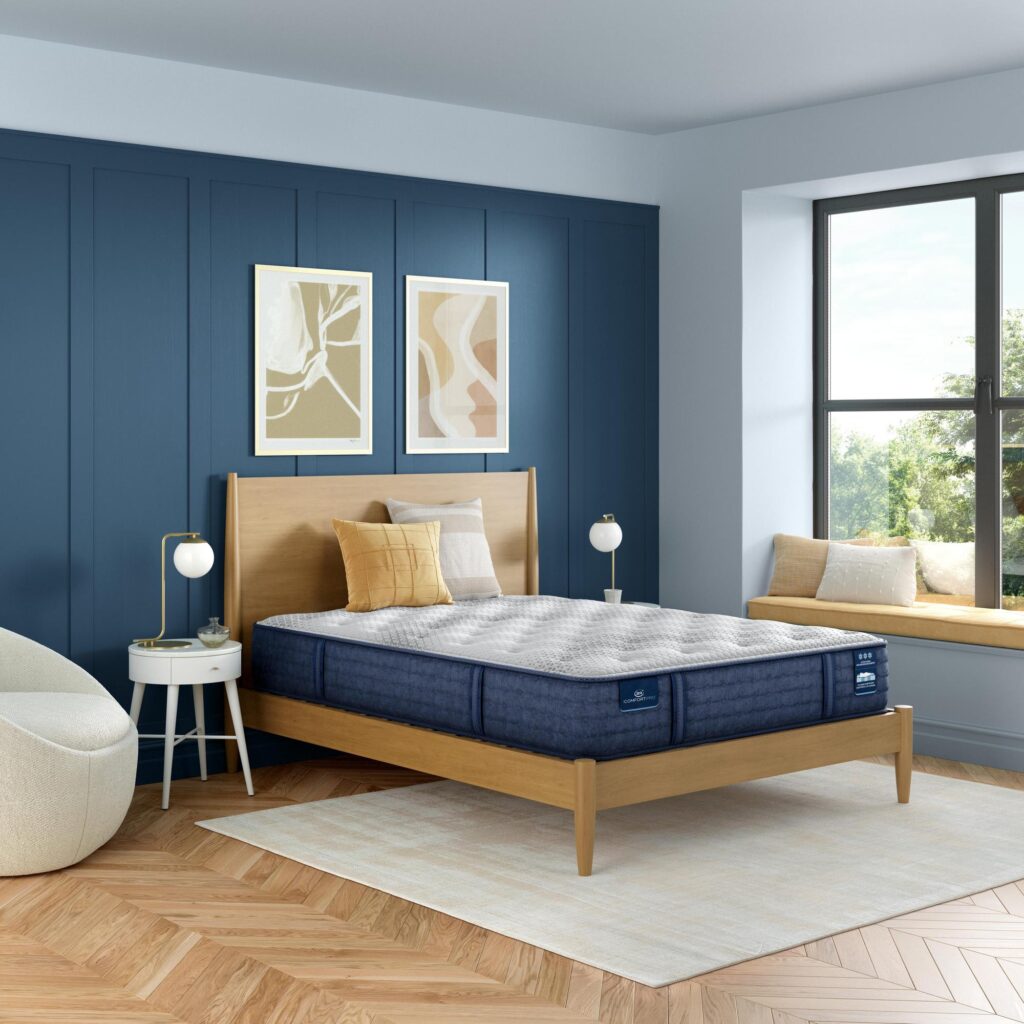News
The U.S.-Canada Tariff Tussle: What It Means for Your Mattress
The trade winds are shifting again between the United States and Canada, and this time, they’re blowing with extra force. U.S. President Donald Trump’s latest tariff salvo—25% duties on steel and aluminum imports from Canada, effective earlier this month—has reignited a tit-for-tat trade war that’s sending ripples across North American markets. Canada, never one to back down quietly, responded with its own retaliatory tariffs on nearly $30 billion worth of U.S. goods, targeting everything from steel to sports equipment. Meanwhile, Trump’s threats of “reciprocal tariffs” loom large, with a potential rollout slated for April 2, aimed at matching duties Canada levies on American exports like dairy. For consumers and businesses alike, the question is: How deep will this cut?
At JustMattress.ca, we’ve been keeping a close eye on this escalating spat. As an online mattress retailer serving Canadian sleepers coast to coast, trade policies hit close to home—especially when they threaten to disrupt supply chains or jack up prices. Mattresses, after all, aren’t immune to the economics of raw materials and manufacturing. Steel springs, foam components, and shipping costs could all feel the pinch if tariffs spiral out of control. So, let’s unpack this trade drama and figure out what it means for your next mattress purchase.
Tariffs 101: The Basics of the Brawl
First, a quick primer. Tariffs are taxes slapped on imported goods, designed to protect domestic industries or pressure trading partners. Trump’s latest move builds on a familiar playbook: his administration kicked off 2025 with 25% tariffs on Canadian steel and aluminum, arguing it’s a matter of national security and fair trade. Canada, the largest supplier of both metals to the U.S., didn’t take kindly to the jab. Ottawa fired back with $29.8 billion in counter-tariffs, a hefty sum meant to sting American exporters and signal that Canada won’t roll over.
This isn’t the first rodeo for these neighbors. Back in 2018, Trump imposed similar metal tariffs, only to lift them a year later under the Canada-United States-Mexico Agreement (CUSMA). But the truce was short-lived. Trump’s renewed push, paired with his rhetoric about Canada becoming the “51st state,” has stoked tensions—and Canadian nationalism. Ontario Premier Doug Ford even threatened a 25% surcharge on electricity exports to U.S. states like Michigan and New York before backing off after talks with Trump’s commerce secretary, Howard Lutnick, last week.
Now, Trump’s eyeing a broader tariff strategy. Come April, he’s promised “reciprocal” duties to mirror what Canada charges on U.S. goods—think 250% or more on dairy imports exceeding CUSMA quotas. Economists warn this could spark a full-blown trade war, driving up costs for everything from cars to groceries. But where do mattresses fit into this mess?
The Mattress Connection: Steel, Foam, and Freight
Mattresses might not scream “trade war casualty” at first glance, but their construction leans on materials that could get caught in the crossfire. Coil mattresses, for instance, rely on steel—an industry already feeling the heat from Trump’s tariffs. Canada’s steel retaliation could push U.S. manufacturers to hike prices or source elsewhere, potentially tightening supply. Foam, a staple in memory foam and hybrid beds, often involves chemicals like polyols and isocyanates, some of which crisscross the border in complex supply chains. And then there’s shipping: higher tariffs on freight-related goods could nudge logistics costs upward.
For Canadian retailers importing U.S.-made mattresses, the math gets dicey. A 25% tariff on steel could trickle down to pricier coils, while broader reciprocal tariffs might slap duties on finished beds crossing the 49th parallel. Add in Canada’s counter-tariffs on U.S. goods, and American mattress brands could face a double whammy—higher production costs at home and stiffer entry fees into Canada. The result? Sticker shock for shoppers browsing imported options.
Analysts are split on the fallout. Some, like Asa McKercher of St. Francis Xavier University, call this tariff tango “self-defeating,” pointing to the intertwined U.S.-Canada economy. Others see it as a negotiating tactic—Trump flexing muscle to extract concessions on issues like border security or fentanyl trafficking. Either way, uncertainty is the name of the game. Just ask Ontario’s grocers, who told National Post they’re already seeing sales of U.S. products “rapidly dropping” as consumers pivot to local alternatives.
Canada’s Mattress Market: A Closer Look
Here’s where the story takes a turn for JustMattress.ca customers. Canada’s mattress industry isn’t as exposed as, say, its auto or lumber sectors. While the U.S. dominates as Canada’s top trading partner—accounting for over 75% of exports and 50% of imports—mattresses tell a different tale. Many of the big-name brands sold in Canada, from Sealy to Serta to Tempur-Pedic, have domestic manufacturing roots. These companies often operate plants in provinces like Ontario, Quebec, and British Columbia, churning out beds tailored to Canadian tastes (and winters).
Take Sealy, for example. Its Canadian operations, based in places like Toronto, lean heavily on local labor and materials. Serta, too, has a footprint in Canada, with production facilities that sidestep the border entirely. Even smaller players, like Endy—a Canadian darling in the bed-in-a-box space—build their foam mattresses north of the 49th. This localized approach isn’t just patriotic; it’s practical. Shipping a bulky mattress across borders is a logistical headache, so brands set up shop where their customers sleep.
That’s not to say imports don’t exist. U.S.-based giants like Purple or Casper might ship some models northward, and discount retailers occasionally source cheaper beds from abroad. But for premium mattresses—the kind JustMattress.ca specializes in—Canada’s got it covered. Our suppliers don’t rely on a web of foreign inputs that tariffs could snarl. Steel for coils? Sourced domestically or from tariff-exempt channels under CUSMA. Foam? Mixed and molded in Canadian factories. Jobs? Kept right here, from assembly lines to delivery trucks.
The Bottom Line: Your Mattress Stays Safe
So, what’s the takeaway for Canadian mattress shoppers? Breathe easy—your bed isn’t about to get pricier because of this tariff tussle. At JustMattress.ca, we’re insulated from the chaos. Our lineup—featuring trusted names like Sealy, Serta, and more—is proudly made in Canada. No dependence on U.S. steel shipments. No outsourced foam from overseas. No jobs lost to foreign factories. While Trump and Trudeau’s teams duke it out over dairy and aluminum, our supply chain hums along, unaffected.
The broader trade war might still sting. Higher grocery bills or car prices could crimp budgets, leaving less room for that dream mattress upgrade. But the mattresses themselves? They’re tariff-proof. Our brands have doubled down on Canadian production, ensuring quality, affordability, and availability stay intact. As talks between Washington and Ottawa continue—Ford’s delegation met Lutnick just last week, with more negotiations pending—the mattress market stands as a rare oasis of stability.
In a world of trade uncertainty, sleep is one thing you can count on. At JustMattress.ca, we’re keeping it that way, one Canadian-made mattress at a time.
